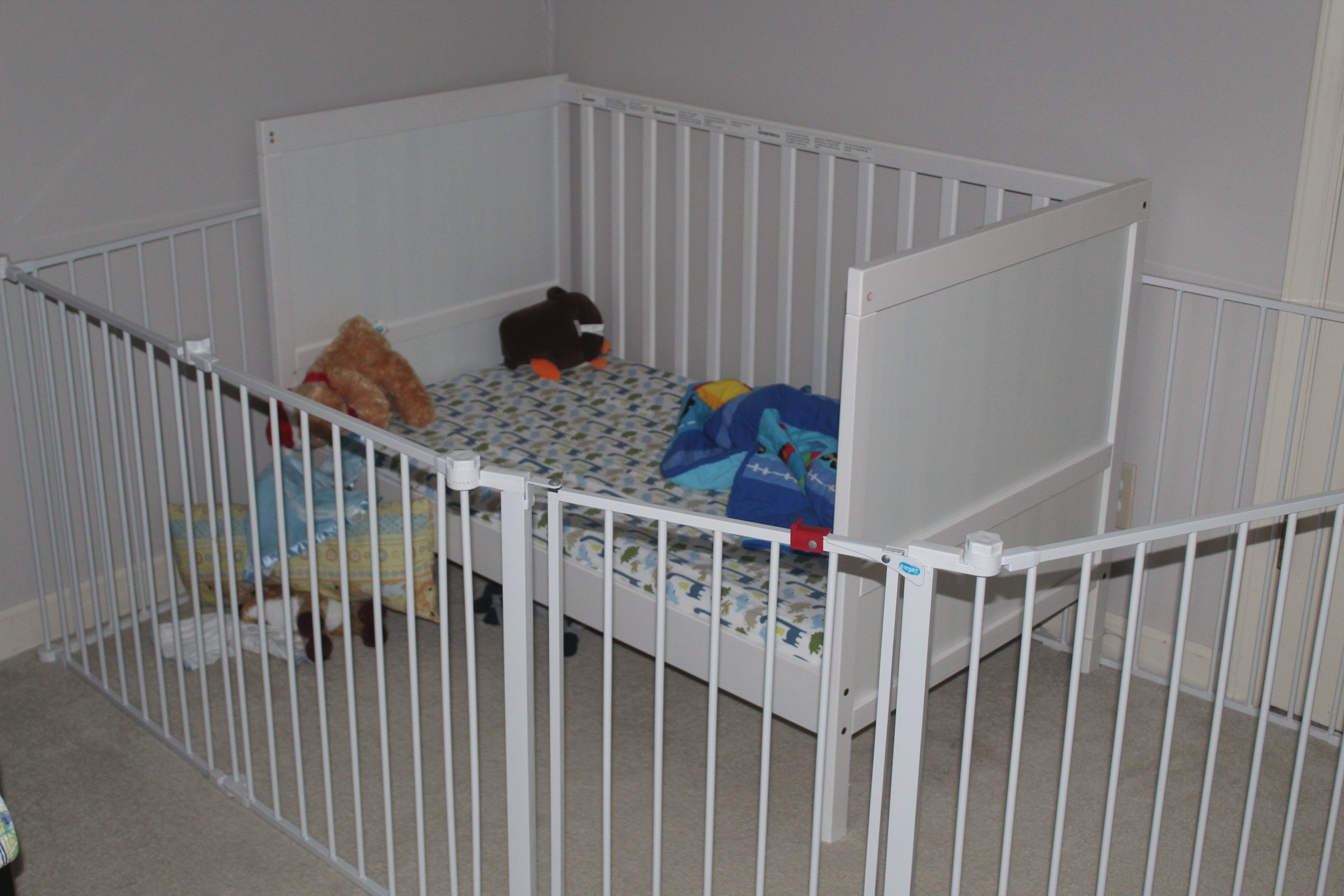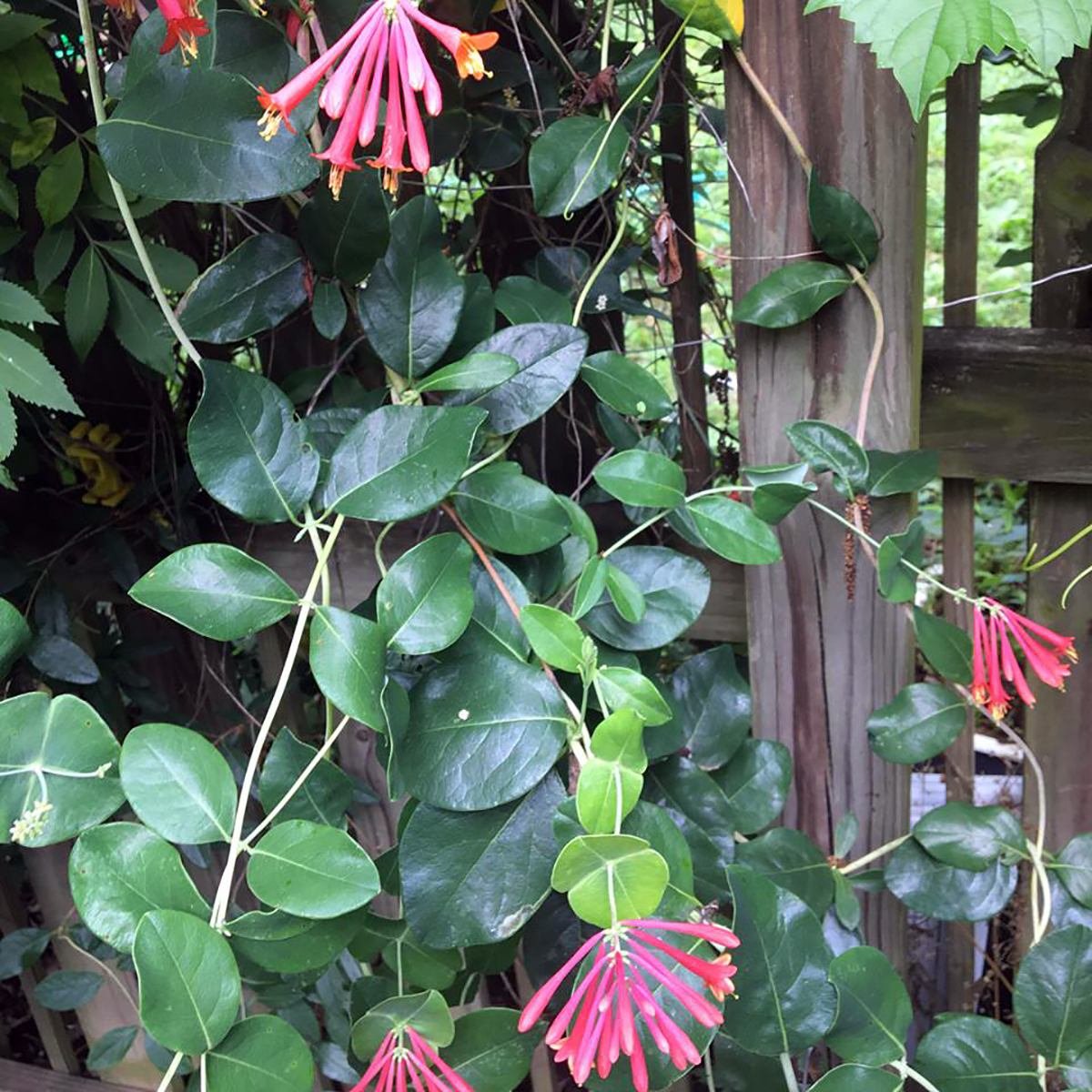Matthews may not have a dedicated yoga studio, but there are plenty of opportunities to get your Savasana fix. We’ve rounded up a few, but if you know of more, share them in the comments!
Matthews Community Center: Fit a work out in over your lunch break with Chris Robertson on Mondays from noon to 1 p.m. 100 E McDowell St, Matthews
Lifetime Fitness: Join Mandi Murrow Brown on Tuesday evening at 7:15 p.m. for heated Vinyasa yoga. Email Mandi for more info. 9915 E Independence Blvd, Matthews
Stumptown Park: Elinor Edvi Miller will guide you through Vinyasa and deep stretch yoga Fridays at 9:30 a.m. on the stage in the park. 120 S Trade St, Matthews
Brace YMCA: With classes for every skill level every single day, there’s bound to be a class for everyone. You’ll have to have a monthly Y membership, though. 3127 Weddington Rd, Matthews
McDowell Arts Center: Practice yoga while surrounded in art, Katrina Whelchel leads slow flow yoga in the arts center on Thursdays from 6 to 7:15 p.m. 123 E McDowell St, Matthews















